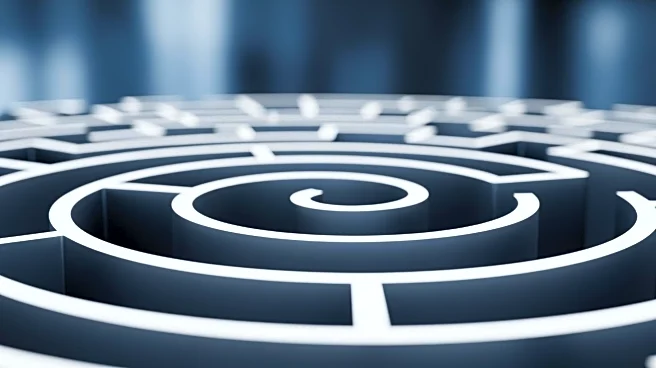What's Happening?
A recent study conducted at the University of California Berkeley investigated spatial memory tasks in rats, focusing on neural activity in the hippocampus without sharp wave ripples. The research involved
three male Long-Evans rats performing goal-directed tasks in an open field maze with movable barriers. The study aimed to understand how spatial memory functions in the absence of sharp wave ripples, which are typically associated with memory replay. The rats were trained to locate rewards in a maze, with their neural activity recorded to analyze memory processes. The findings contribute to the understanding of hippocampal function and memory replay mechanisms.
Why It's Important?
This study is significant as it challenges existing theories about the role of sharp wave ripples in memory replay. By demonstrating spatial memory tasks without these neural events, the research could lead to new insights into how memory is processed in the brain. This has implications for neuroscience, particularly in understanding memory-related disorders and developing treatments. The study also highlights the importance of animal models in cognitive research, providing a foundation for future studies on memory and learning.










